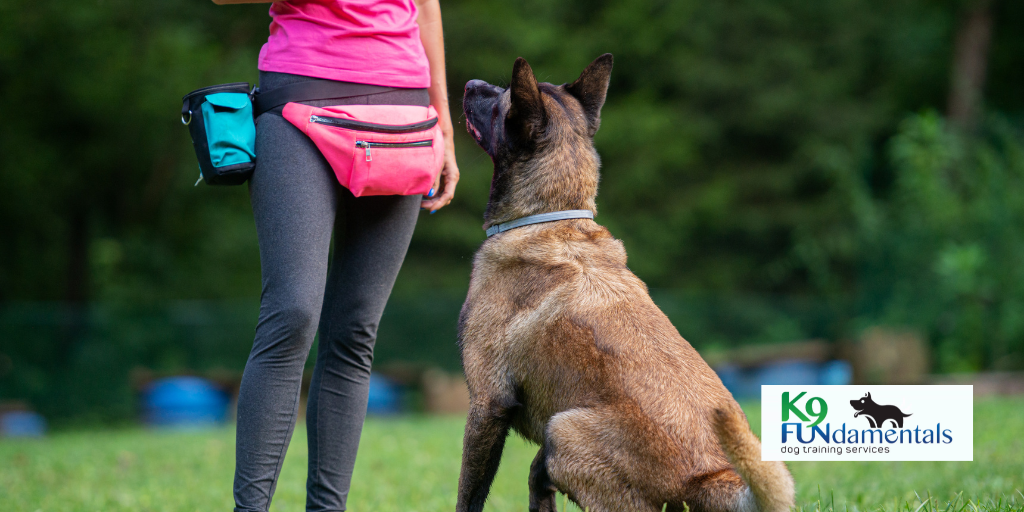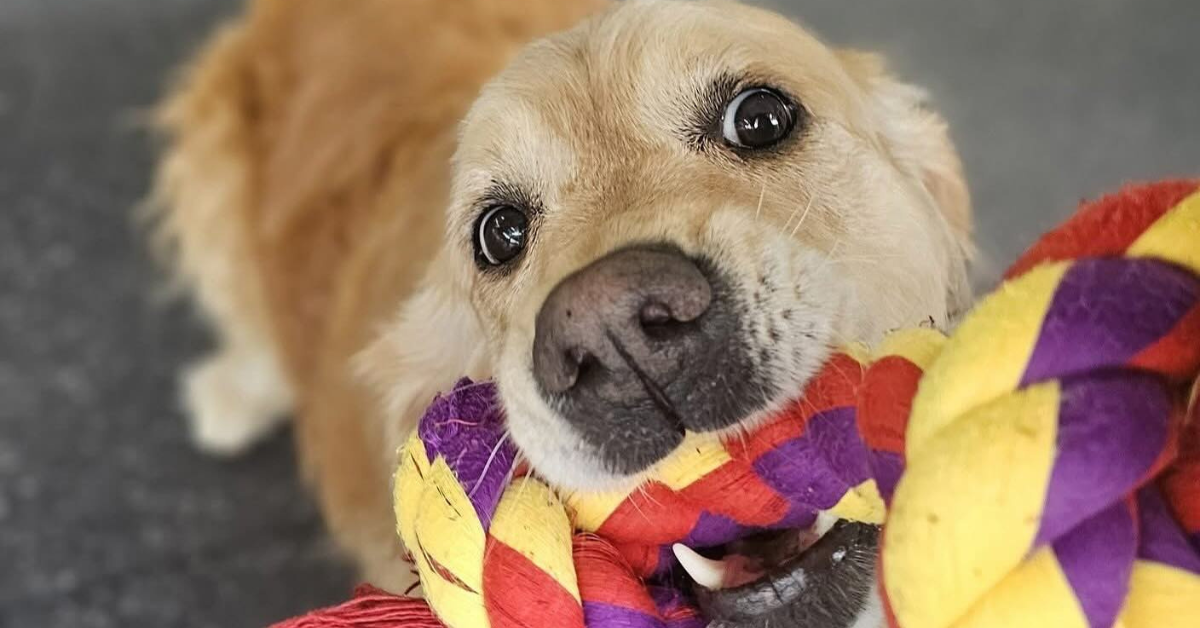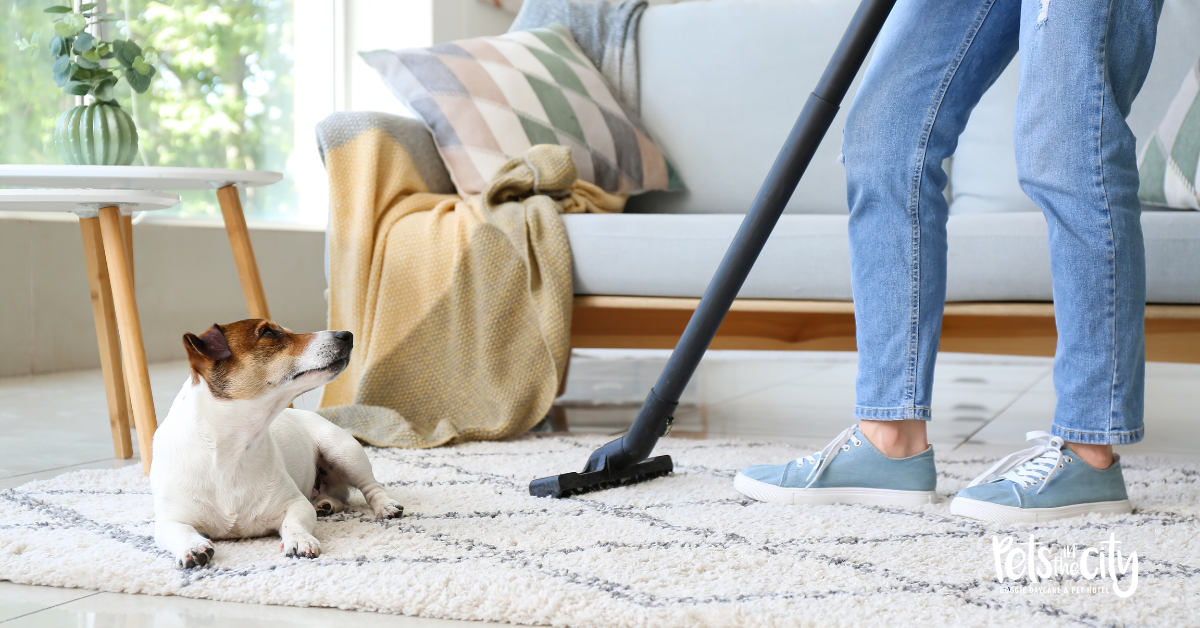Is dog day care actually worth the cost? What do dogs get out of it?
If you’re an Auckland dog parent weighing up day care costs, you’re not alone. Busy workdays, winter darkness, and travel plans can leave even the...
2 min read
Fiona Sarten, K9 FUNdamentals : 11/10/2024 11:48:13 AM

Why Consistent Reinforcement in Dog Training is Essential for Success
As a dog owner, you’ve likely experienced the joy of teaching your dog a new trick or cue. Whether it’s the classic Sit, or Shake or even Roll Over, there’s nothing quite like the pride that comes when your dog responds to your cue. However, once the initial training is over, many owners wonder: why should I continue reinforcing my dog’s training? The answer lies in the importance of consistency and ongoing practice. Here’s why continual reinforcement is essential for your dog’s memory and behaviour.
Dogs Learn Through Repetition
Just like humans, dogs benefit from repetition. When you teach a new cue you’re essentially creating a neural pathway in their brain. The more they practice a cue, the stronger that pathway becomes. Without regular reinforcement, those pathways can weaken over time. Think of it this way - if you only practiced a language once, would you expect to be fluent? The same principle applies to dog training.
Maintaining Wanted Behaviours
Once your dog has learned a cue, it’s crucial to reinforce that behaviour. Dogs are creatures of habit and routine, and if they aren’t regularly reinforced they may start to forget. Consistent training sessions not only reinforce wanted behaviour but also help prevent unwanted behaviours from developing.
Building a Stronger Relationship
Training isn’t just about teaching cues; it’s also an opportunity for relationship building and having fun. Regular training sessions provide quality time between you and your dog, filled with praise, treats, and positive interactions. This bonding experience strengthens your relationship and helps to make your dog more willing and responsive to the cues you're asking.
Keeping Mental Stimulation High
Dogs thrive on mental stimulation. Engaging in regular training sessions helps keep their minds sharp and prevents boredom. A bored dog can lead to unwanted behaviours, such as chewing, barking, or digging. Incorporating training into your daily routine not only reinforces their skills but also provides the mental exercise they need to stay happy and healthy.
Adapting to New Environments
As your dog grows and encounters new experiences, their training may need to adapt. Whether it’s a move to a new home, a change in whānau dynamics, or simply new distractions in the environment, continual reinforcement ensures that your dog can navigate these changes confidently. Regular training helps them generalise cues, so they know to Sit in the park just as well as they do in your lounge or when crossing the road.
Encouraging Positive Behaviour
Positive reinforcement/ Force Free is one of the most effective methods for training dogs. By continuously rewarding your dog for good behaviour, you’re reinforcing their desire and willingness to do that cue. This approach encourages them to respond positively in a variety of situations. For instance, if your dog consistently gets treats for sitting calmly while you prepare their meals, they’re more likely to repeat that behaviour over time.
Tips for Continual Reinforcement
Schedule Regular Training Sessions: Aim for short, consistent sessions throughout the week. Even five to ten minutes a day can make a significant difference.
Mix It Up: Use a variety of cues and games to keep things interesting and fun for your dog. This variety helps reinforce their skills while preventing boredom.
Use Positive Reinforcement: Always reward your dog with treats, praise, or play when they are successful doing the cues you're asking them.
Incorporate Training into Daily Life: This is the easiest way to reinforce training! Turn everyday moments into training opportunities. Ask your dog to Sit before meals or Stay while you open the door. When you're out walking, ask for Recall back to you or Down while you're sitting on the park bench.
Be Patient: Most importantly ... remember that learning is a process. Celebrate small successes; you didn't learn everything you know in 3 months!. Patience, Practice & Persistence is the foundation of training.
At K9 FUNdamentals we offer puppy training and socialising for all ages of pups via our Pup Programme, tailored to suit your training requirements and your puppy's age and experiences. Check us out at www.k9fundamentals.co.nz and make contact if you need puppy training and socialising, we'd love to be part of your training journey with your puppy.

If you’re an Auckland dog parent weighing up day care costs, you’re not alone. Busy workdays, winter darkness, and travel plans can leave even the...

Your complete Auckland-proof plan for turning Guy Fawkes from "Boom-pocalypse" to "Bunker-and-Chill" Why Your Dog Thinks the Sky is Falling (And Why...

If you’ve just welcomed a new pup into your Auckland home, you’ve probably heard that “socialisation is everything.” But what does that really mean,...